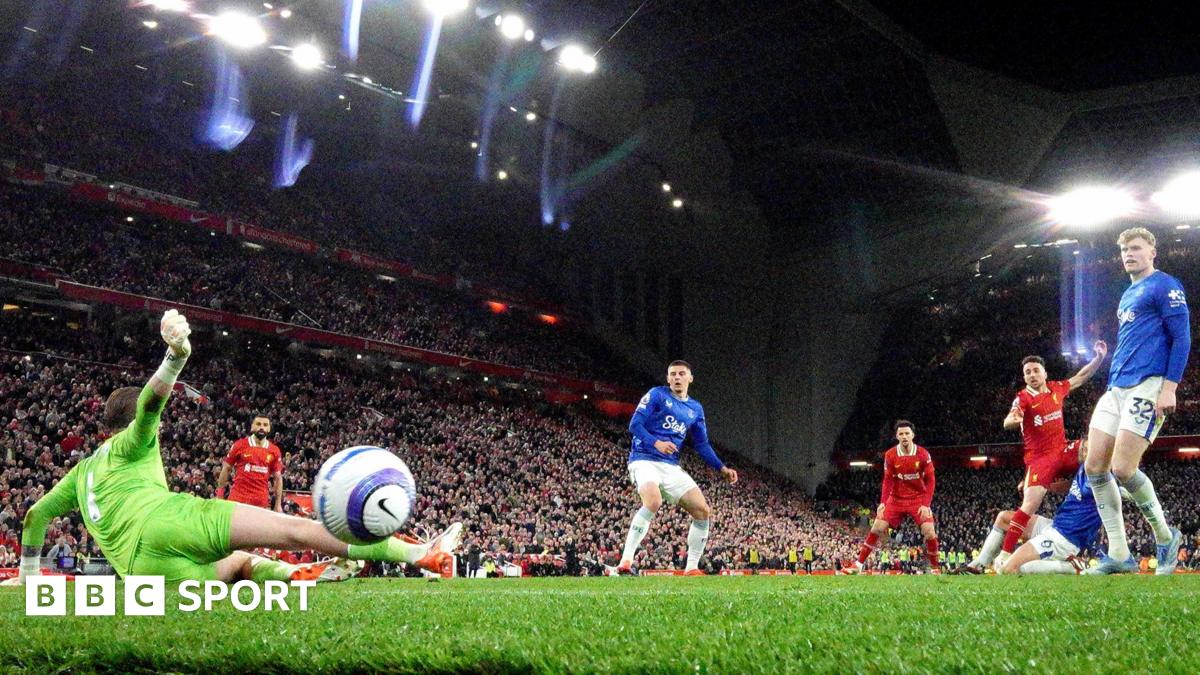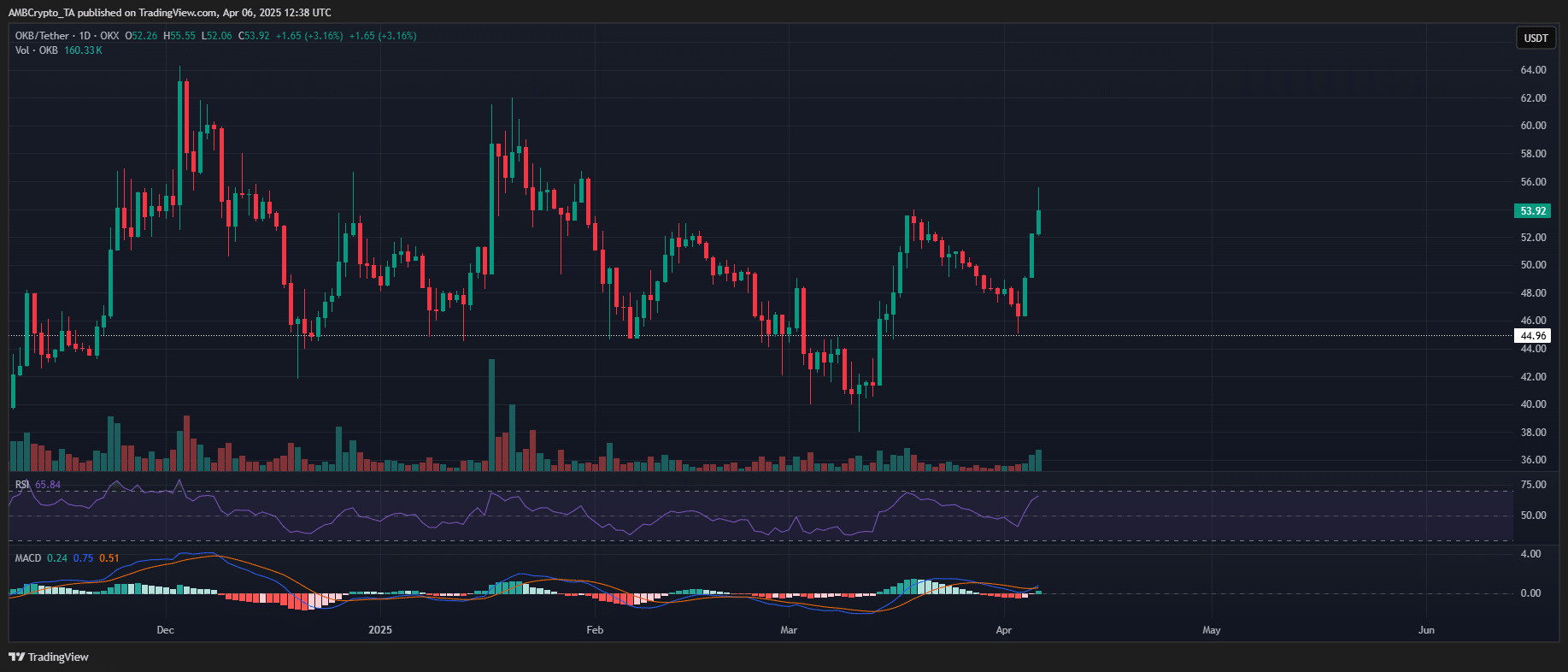Premier League Controversy: Offside Rule Sparks Debate After Disallowed Liverpool Goal
The interpretation of the offside rule in the Premier League is once again under scrutiny following a contentious decision in a recent match between Liverpool and Everton. Experts and fans alike are divided on whether the current regulations need revision or if the issue lies in their application.
The Incident: A Flashpoint for Debate
The controversy erupted after a goal scored by Liverpool’s luis Diaz was disallowed. The assistant referee flagged for offside, a decision that was upheld by the Video Assistant Referee (VAR). The crux of the issue centers around whether Diaz was interfering with play, even though he was initially in an offside position when the ball was played. This has ignited a fierce debate about the nuances of the offside rule and its potential impact on the game.
Expert Opinions: A Divided House
The disallowed goal has prompted strong reactions from former Premier League players and commentators. Chris Sutton, a former Premier League-winning striker, believes the law is well-established and understood by players.
“It’s clever from Luis Diaz really, because he knows he is onside once Tarkowski has played the ball,”
Chris Sutton, BBC Sport
Sutton cautioned against hasty changes too the existing offside rule.
“I don’t think changing the law is a good idea. It’s more complicated than just this one scenario, because without having this subjective element, you would be back to where everything is offside.”
Chris Sutton, BBC Sport
He acknowledged Everton’s frustration but emphasized the need for a balanced approach.
“If you are Everton, you feel slightly hard done by – I get that. But everything can’t be black and white unless you want to go back to the days where if anyone was offside, then that was the call.”
Chris Sutton, BBC Sport
Though, Stephen warnock, a former Liverpool left-back, offered a contrasting viewpoint, highlighting the limitations of the current rulebook.
“This is a problem within the rule book and this is where it stems from,”
Stephen Warnock, BBC Radio 5 Live
Warnock argued that the checklist approach to offside decisions fails to capture the true impact of a player’s position on the game.
“Because they look through the list of things and they go: ‘Was he interfering with play? no.'”
Stephen Warnock, BBC Radio 5 Live
He emphasized the importance of understanding the game’s dynamics and using common sense.
“Well, actually he is if you have played the game and understand the game.”
Stephen Warnock, BBC Radio 5 Live
Warnock further explained how a player’s offside position can influence a defender’s actions, even if the player doesn’t directly touch the ball.
“If you are a couple of yards behind me and I am defending the edge of the box, my body is always on the half-turn, thinking: ‘Where are you and what are you doing?’ Are you going to come and nip in front of me? Are you going to make a move and try to get yourself onside? So I am always reacting to you. My body is always sensing you and my eyeline is always drawn towards you and the ball, so I have constantly got my head on a swivel, so you’re affecting me.”
Stephen Warnock, BBC Radio 5 Live
He concluded by suggesting that a consensus among former professional players would support the idea that the player in the offside position was indeed affecting play.
“And if you went in and spoke to all ex-professional players within the training centres or wherever they are and saeid ‘is he active in this position?’ they would all say ‘he is affecting me, 100%’. But there is a tick-box sort of list within the offside rules, and that is an issue. You have got to use common sense at times, and you have got to understand the game.”
Stephen Warnock, BBC Radio 5 Live
The Offside Rule: A Complex History
The offside rule has undergone numerous revisions throughout the history of soccer.Initially designed to prevent “goal hanging” (players permanently stationed near the opponent’s goal), the rule has evolved to become increasingly complex. The current interpretation focuses on a player’s position when the ball is played and whether they are actively involved in the play. This includes “interfering with play,” “interfering with an opponent,” or “gaining an advantage by being in that position.”
In the United States, the offside rule is often a point of confusion for new soccer fans. Unlike sports like American football, where defined zones and clear lines of scrimmage dictate player positioning, soccer’s offside rule requires a more nuanced understanding of player movement and intent.
| Aspect | Description | U.S. Equivalent (Simplified) |
|---|---|---|
| Offside Position | Being nearer to the opponent’s goal line than both the ball and the second-to-last opponent. | Similar to being past the last defender before the ball is thrown in football. |
| Interfering with Play | Playing or touching the ball passed or touched by a teammate. | Like catching a forward pass when you were illegally downfield in football. |
| Interfering with an Opponent | Preventing an opponent from playing or being able to play the ball. | Obstructing a defender’s ability to make a play in football. |
| Gaining an Advantage | Being in an offside position and then gaining possession of the ball. | Like being illegally downfield and then catching the ball for a touchdown. |
VAR and the Subjectivity Problem
The introduction of VAR was intended to eliminate clear and obvious errors in officiating.However, the offside rule, with its inherent subjectivity, has proven to be a challenge for VAR. Determining whether a player is “interfering with play” often requires subjective judgment, leading to inconsistent decisions and continued controversy. Critics argue that VAR’s meticulous frame-by-frame analysis can sometimes overrule the “spirit of the game,” focusing on technicalities rather than the overall flow and fairness of the match.
A recent example in the NFL showcases a similar issue. Pass interference calls, also subject to review, have been criticized for inconsistent application, leading to calls that seem to contradict the intent of the rule. This highlights the broader challenge of applying technology to subjective decisions in sports.
Potential Solutions and Future Implications
Several potential solutions have been proposed to address the issues with the offside rule. These include:
- Adjusting the Definition: Clarifying the definition of “interfering with play” to provide more concrete guidelines for referees and VAR officials.
- Tolerance Margin: Implementing a tolerance margin for offside decisions, similar to the “benefit of the doubt” given to runners in baseball, to account for the limitations of technology and the speed of the game.
- “Daylight” Rule: Adopting a “daylight” rule,where a player is only considered offside if there is clear daylight between them and the last defender.
The outcome of this debate coudl have critically important implications for the future of soccer. A more clearly defined and consistently applied offside rule could led to more accurate officiating, fewer controversial decisions, and a more enjoyable experience for players and fans alike.Though, any changes must be carefully considered to avoid unintended consequences and preserve the integrity of the game.
Given Alex Rossi’s expertise, what specific examples can he provide of offside decisions where VAR technology proved inconclusive or controversial?
Premier League Offside Rule Debate: Interview with FIFA-certified Referee, Alex Rossi
Archyde News examines the ongoing controversy surrounding the offside rule in the Premier League with expert insights.
Introduction: The Offside Rule’s Latest Flashpoint
Archyde News: Welcome, viewers. The Premier League season has once again been punctuated by a heated debate, this time over the offside rule. Joining us today is Alex Rossi, a FIFA-certified referee. Alex, thanks for being here.
Alex Rossi: Thanks for having me.
Understanding the Diaz Incident and the Rulebook
Archyde News: The Luis Diaz disallowed goal for Liverpool against Everton sparked widespread discussion. In your expert opinion, how does the situation in the Premier League, based on the current offside regulations, relate to the incident?
Alex Rossi: The crux of the issue lies in the interpretation of “interfering with play.” The rulebook provides a checklist, but the human element, notably the judgment of whether a player in an offside position impacts the defender’s actions, is where the controversy arises. The Diaz incident highlights this perfectly.
VAR’s Role and the Subjectivity Challenge
Archyde news: VAR was introduced to eliminate clear errors. How has it fared in the offside realm, and what challenges does it present given the rule’s subjective nature?
Alex Rossi: VAR is a valuable tool, but offside decisions are increasingly complex. While VAR can pinpoint the exact moment of the pass, judging whether a player “interferes with play” frequently enough falls into the realm of subjective interpretation. This can lead to inconsistencies, as frame-by-frame analysis sometimes obscures the game’s flow and the intent of the players.
Proposed Solutions and Future Implications
Archyde News: We’ve heard several potential solutions,from clarifying definitions to a “daylight” rule. Which proposals hold the most promise, and what are the potential pitfalls of changing established regulations?
Alex Rossi: I believe that refining the definition of “interfering with play” can help. A tolerance margin,which allows for slight errors,could also be helpful to provide some relief for the officials.Introducing a “daylight” rule has lots of supporters. However, any change must be carefully considered. Avoid unintended consequences and preserve the spirit of the game. Any adjustments should strive for clarity and consistency to improve the overall fan experience.
Beyond the Rulebook: The Human Element
Archyde news: Many argue that common sense and considering the game’s dynamics are crucial. How crucial is that human element to balance the application of the rulebook?
Alex rossi: The human element is vital.The rulebook provides the framework, but it also offers judgment and interpretation. Officials must understand the game’s flow and dynamics. A purely robotic approach is often at odds with the very spirit of football, in my opinion.
A Look Ahead: What’s Next?
Archyde News: Looking ahead,could the outcome of this current Premier League debate influence any rule changes on the horizon,or perhaps have an effect on future game plans?
Alex Rossi: absolutely,any changes should be reviewed carefully. The league is under lots of scrutiny. The goal is to reduce controversy and make sure teams’ game plans don’t suffer as the rules become more complicated. Whatever course the league follows it needs to improve experiences for players and fans.
Audience Engagement
Archyde News: Alex, thank you for your valuable insights. Viewers, what are your opinions on the offside debate and how it applies to today’s Premier League? Share your thoughts in the comments below!








:watermark(https://f.pmo.ee//logos/4132/d583334e07b643b158b745b655f05032.png,-2p,-2p,0,18,none):format(webp)/nginx/o/2024/07/02/16195842t1h4a2a.jpg)